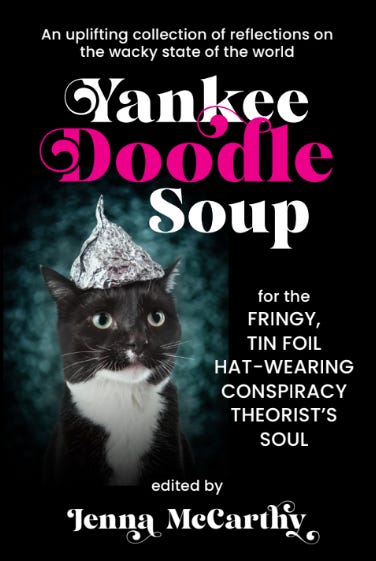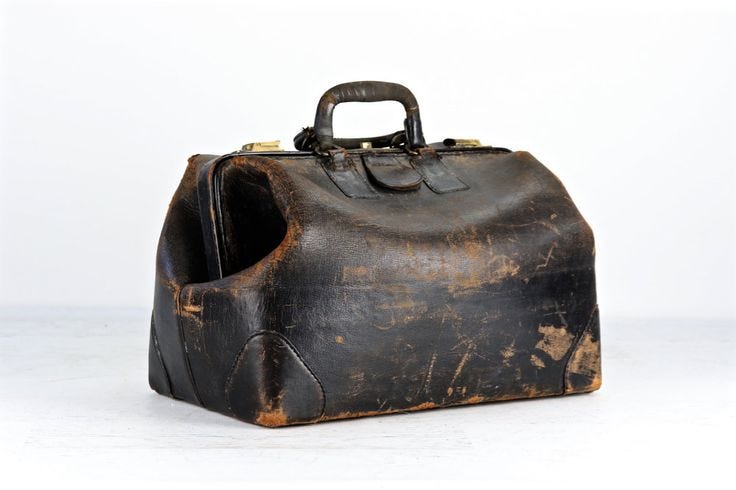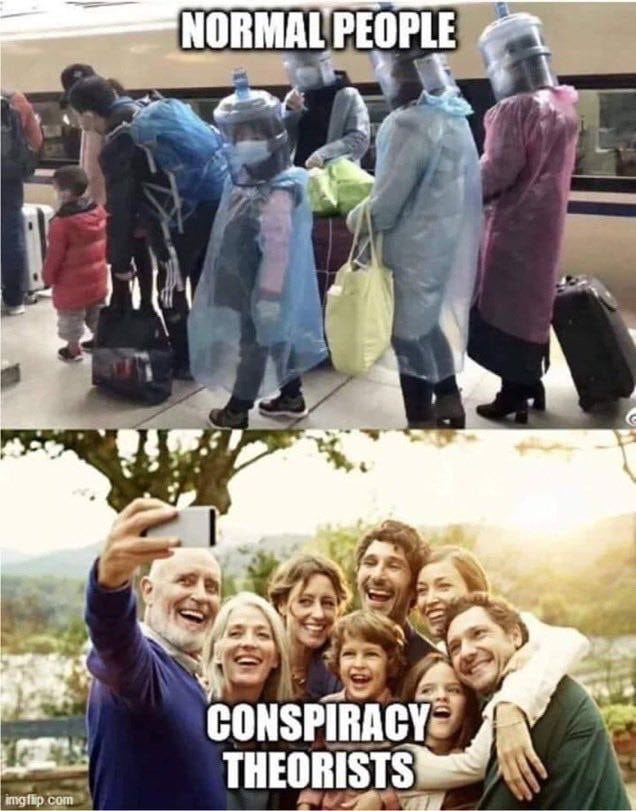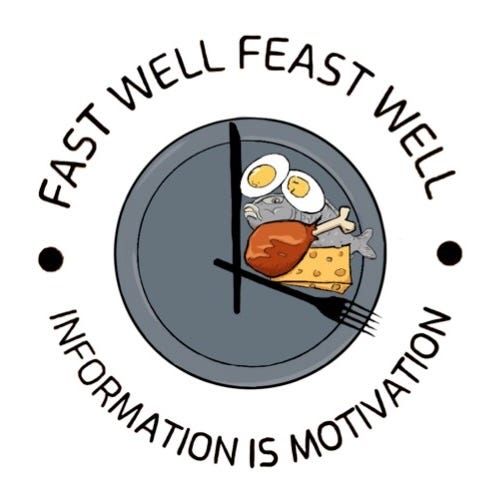A New Book of Short Stories: Acts of Courage and Inspiration From the COVID Debacle
Plus a short story of courage below that a friend of mine wrote.
The human spirit can only take so much tragedy before it becomes overly burdened…or numb. I confess to becoming numb at times during COVID, and just tuning out some of the tragedy.
This reminds me of the time that my husband told me he didn’t want to see any more movies about World War II for a time. After a while, watching so much death and destruction gets to be a bit much. (However, two WWII movies that have a decidedly different take and that I highly recommend are Life is Beautiful and Jojo Rabbit. Neither of them downplays the seriousness of what occurred, but they both approach the story from such a perspective that the watcher doesn’t feel overwhelmed by tragedy. Sometimes a light touch can be even more moving than an over-played hand. A third interesting WWII movie that deserves a watch because of its insightful ending is The Boy in the Striped Pajamas. But Schindler’s List is hands down the best WWII movie, and it’s based on a true story, and it’s uplifting. You can see that I have a thing for WWII movies.)
I think one of the healthiest ways to process a tragedy like COVID is to highlight the heroes and remember the miracles, and praise God for how he worked in the midst of tragedy. That’s why I’m very excited about the following book that is now available for pre-order:
Substack author Jenna McCarthy gathered submissions for short stories that happened during COVID with the stipulation that the story had to be uplifting. I wrote a submission that got accepted: the story of my mom’s incredible recovery after a home visit from a doctor from her church. I tell the story in this post.
The Day My Mom Almost Died
I have a visceral story to share with you this week. Looking back on these events, they almost feel like they happened to someone else. Did we all just dream that COVID happened? I haven’t written extensively about COVID mostly because there are so many excellent Substacks covering it much more thoroughly than I ever could (
Here is Jenna’s description of the book:
The COVID-19 pandemic was all things awful: frightening, confusing, isolating, and devastating on countless levels. It destroyed businesses, fractured families, and separated the world into two bitterly contentious camps. Despite the unspeakable tragedy, in many ways, it was also sort of amazing: It brought people together the way nothing else in history ever has or could, served as a worldwide wake-up call to tyranny and corruption, shone a blinding light on a broken medical system, and built an army of freedom-loving warriors hell-bent on winning the psychological and spiritual war we’ve unwittingly found ourselves fighting.
In Yankee Doodle Soup for the Fringy, Tin Foil Hat-Wearing Conspiracy Theorist’s Soul, some of the most powerful voices in the “truther” movement share their warm, wise, witty, and wondrous thoughts on this unforgettable time in history. You’ll laugh, you’ll cry (happy, relieved, healing tears, promise), and most of all, you’ll discover you were never really alone after all.
To pre-order a copy of the book, go to this website.
Those of us who contributed will not receive any royalties from sales unless the person buying the book writes our last name in the little gray box labeled “contributor code.” If you write Taylor in the box, I’ll get $5/book.
This will not raise the price of the book for you, it just designates who is responsible for promoting the sale.
Along those lines, I have a sweet short story to share with you written by my close friend Glynnon called “Two Sparrows.” This story is not in Jenna’s book as Glynnon recently wrote it.
Glynnon sent this story to me at an interesting time. As I’m sure many of you know, Fauci (the gov’t official formerly known as “Science”) testified before a House Oversight and Accountability Committee that the COVID masks, lockdowns, and 6-foot distance rules weren’t based on any actual science.
This USAToday article reported:
In January, Fauci told staff and members of the Select Subcommittee on the Coronavirus Pandemic that "there was no science behind" the 6-foot social distancing rule that state and local governments repeated for months if not years.
“You know, I don’t recall. It sort of just appeared. I don’t recall, like, a discussion of whether it should be 5 or 6 or whatever,” Fauci said in January's testimony.
He also admitted in the January interview that there was little science that backed requiring children to wear masks in public and at schools for almost two years.
“Do you recall reviewing any studies or data supporting masking for children?” a staffer asked Fauci.
“You know, I might have," he answered, "but I don’t recall specifically that I did. I might have.”
Some Background
Glynnon’s story needs some explanation. Many people in my community, including my extended family, felt that there was something dehumanizing and weaponizing about covering up healthy people’s faces with masks. We felt that the face of our fellow man needed to be seen to remind us that he is a human being and a not biological weapon that we must cower from, swerve from, avoid at all costs, and stay 6 feet from.
The same common sense measures that we’d practiced all our lives, we continued to practice. If we were sick, we stayed at home so as not to spread what we had, whether or not it was COVID.
But if we were healthy, we didn’t believe in quarantining the healthy, hunkering down at home in fear, refusing to have people over or refusing to visit others, or covering our faces on the off chance that someone who appeared healthy may be “coming down with something.” We’d never lived like that before; we weren’t going to start because some fear-porn ticker on the TV tried to accost us with its questionable accumulation of COVID deaths.
It’s important to note that we were not the rebels. We kept our senses and lived how we’d always lived. We stayed in one place mentally. Everyone else moved. The rest of the world lost its collective mind, and rebelled against liberty by placing draconian rules on all of us (“for our own good,” of course).
In the very early weeks of COVID, when we had no way of knowing that the virus was not as deadly as it was first portrayed, my husband made a statement to a group we had over. We were gathered with our married kids, their spouses, our grandkids, and a few friends—there were at least 15 people present (maybe more).
Yes, our town had an emergency ordinance that there could no gatherings above 10 people. But we thankfully remembered that we lived in the United States of America and not Nazi Germany, so we gathered together per usual. Then my husband told the people gathered that if he were to catch COVID and pass away next week, he didn’t want anyone to wonder for a second if it was their fault for passing it, or wonder if we were wise for gathering “at such a time as this with such a DANGEROUS virus on the loose.”
“No,” he told our guests. “If I’m going to die next week, this is how I want to go, surrounded by all of you.” This may sound like an extreme statement knowing what we know now. We did both catch COVID months later, tested positive twice actually, as did nearly everyone we knew. But his point was that even if it had been as deadly as it was originally portrayed, we were still going to continue acting like normal human beings.
That was a general consensus among our friends, family, and church community, and that is the atmosphere in which this excellent little story was written.
Two Sparrows
The warm car was a delicious memory, as she hopped out into iced air that bit her small face. She could hear the grommets of the flapping flag clanging against its pole, as she and her mother pushed through the thick curtain of wind across the parking lot. She glanced at her mother through squinted eyes. A small wadded paper traveled a topsy-turvy path over a grimy, flattened medical mask, followed by a rolling plastic tumbleweed. She skipped forward to grab the bag, but it blew onward, its momentum halted in deflated surrender to a lamp post. She wobbled upward and moved briskly to keep up with her mother in the fitful wind.
With tear-stung eyes, they entered the bursting warmth of the store and searched for a satisfactory shopping cart without a fourth spasmodic wheel. She began reading her mother’s list: avocados, bananas, lemons, mint, yogurt…A few people pushed past them quickly, darting furtive eyes above cloth face masks. Others ignored them. Near the cucumber bin, where the harvest display of scarecrows was propped up, a small child in a paroxysm refused to wear the mask his nervous mother pulled over his face. They often saw friends with smiling faces, with whom they would exchange greetings and updates with occasional “Pardon me, while I reach for the cumin…” but today, they seemed to be the only unmasked grocery shoppers.
A disheveled man rolled past in a motorized shopping cart, wearing a nonplussed expression. The girl looked at him, as he then displayed what her mother called a scowl. He grunted, slung an onion in his basket, and was gone with a lurch. She was glad he had not said anything like the man in that other store last week, who muttered words and phrases through his mask that her mother informed her were obscene. Dad had been displeased at that man.
They gathered their items aisle by aisle, repeatedly passing an elderly man pushing his cart the opposite way. On their first pass, he looked as she smiled at him and waved and skipped on. On the second pass, he snapped down his mask, grinning at her. When they saw him the third time, his mask remained under his chin and he winked.
“May I get the cheese, Mama?” She asked, and she watched the friendly man turn the corner. As she waited for the lady wearing two masks and a plastic shield to make important decisions about cheese, she recognized the approaching sounds of the electric shopping vehicle. She returned to the cart with the cheese, as her mother searched through chicken thighs and drumsticks, and she hoped mother would buy the tenders and skewer them with cheese and bacon.
“You think you are pretty special, don’t you?” The wheelchaired shopper burst out from across the aisle. She rested her hand on the cart, looking back at him. He was rumpled and shaggy, and she felt sad, but his eyes said mean things that blazed with gusty opinions. A number of people were standing still, searching for their place in the eruption. Her mother turned, as she realized an outburst was flaring in the direction of her daughter. Fresh fire blazed.
“You are not special, and you tell your mother that.” He bellowed. With naive determination, she spoke to the uncombed, grumpy bulk, “I am special. You are too.”
Then, the gale outside seemed to invite itself in through the front doors, flooding the vast store, right to the very back, where a roiled man and a small crowd of fretful shoppers met in a stew of turmoil. He began to shout, and once he began, his vexation only increased. She followed her mother, who moved quickly toward their last few necessary items, away from the noise and fury. They were met by a scuttling handful of concerned people, who had witnessed the uproar, as her mother calmly pulled milk from the dairy case.
“Is she okay? Are you okay? What about the girl? I am concerned for the little girl? What can we do to help you? This is terrible… He is just awful…You must be so upset…” Came the convergence of muffled masked voices.
“I am not upset, but clearly, this man is,” Mama said.
Squarely shouldered with her was a familiar grocer, stocking the dairy cabinet next to our small crowd. Without turning, he said, “Ma’am, you are aware that the store has a mask mandate, aren’t you?”
“Yes, I am,” Mama said. “And you have every right to ask me to leave.” All waited quietly for the response, which never came. He just kept stocking and loading, eyes straight ahead, without a word.
And so the pair quietly finished their shopping, paid the masked clerk, thanked the man at the door, and braved the wind with great fortitude once more to load the car, all while a hysteria of hair harassed their faces. They laughed in the hurly-burly, and the flagpole clamored above.
They returned home to ordinary things. To things that had not changed: the area of a triangle and the number of continents; to “The Midnight Ride of Paul Revere” and The Adventures of Frog and Toad; to piano practice and pencil drawings; to faithful old pets and a favored wrinkled blanket. She remembered how much she loved the warmth of a grilled cheese sandwich for lunch. And she did not know she was supposed to be afraid.
—Glynnon
[This newsletter is for informational purposes only and is not designed as a substitute for medical advice or to treat, diagnose, or cure a medical disease. Talk to your doctor before beginning any dietary changes or starting fasting, especially if you are on medications for diabetes. Fasting while taking certain medications such as Metformin and especially insulin can lead to dangerously low blood sugars. If your doctor does not support fasting, search for a physician who will support your fasting journey. Fasting is not recommended for those pregnant, breastfeeding, or for children and teens still growing and developing. For those with diabetes, personal fasting coaches are available through TheFastingMethod.com. I receive no compensation or ad revenue for anything in this newsletter including links to books, videos, websites, coaching services, podcasts, or supplements.]









